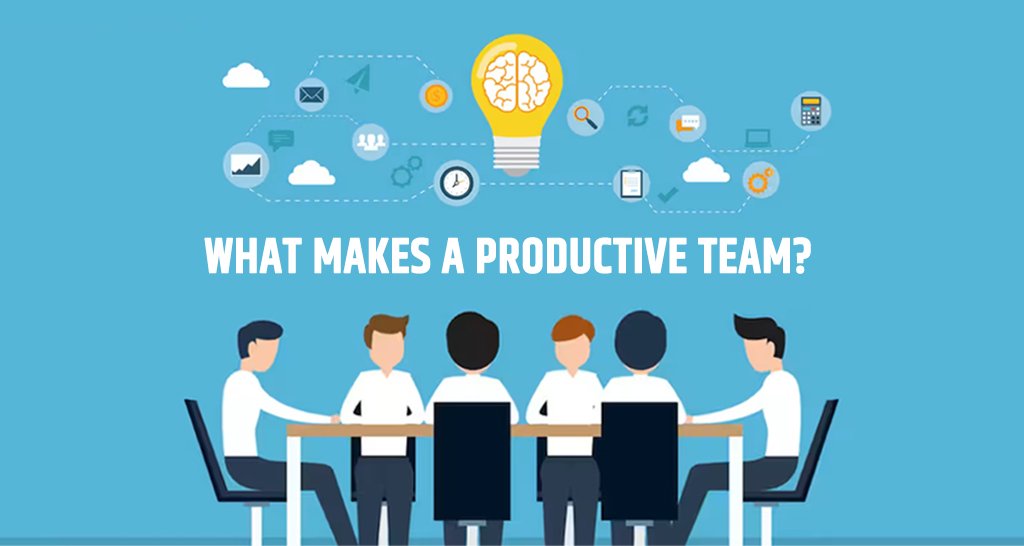A productive team is the cornerstone of any successful organization. When team members collaborate effectively, they can achieve remarkable results, driving the business toward its goals. But what exactly makes a team productive?
Read on to explore the key attributes and practices that contribute to team productivity.
- Clear Goals and Objectives
A productive team starts with clear, well-defined objectives and goals. When team members understand precisely what they are working towards, they can hone their efforts and stay focused on the desired outcomes. Clear goals provide direction and a sense of purpose, motivating team members to perform at their best.
- Effective Communication
Communication is the lifeblood of a productive team. Open, honest, and transparent communication fosters trust and collaboration among team members. Effective and clear communication makes sure that everyone is on the same page. By ensuring this, you can reduce misunderstandings and conflicts. Regular meetings, updates, and feedback sessions help keep everyone informed and engaged.
- Defined Roles
When responsibilities are clearly defined, team members know what is expected of them and can take ownership of their tasks. This clarity reduces duplication of effort and ensures that all aspects of a project are properly covered. Each member must understand their role inately and how it contributes to the team’s overall success.
- Strong Leadership
Strong leadership helps guide the team and maintaining focus on the objectives. An efficient leader inspires and motivates the team, providing direction and support. They also create an environment where team members feel valued and empowered to contribute their best work. Effective leaders balance providing guidance with allowing autonomy, fostering a sense of responsibility and initiative.
- Collaboration and Teamwork
Collaboration is at the heart of a productive team. When team members work together, sharing ideas and expertise, they can achieve more than they could individually. Teamwork promotes creativity, problem-solving, and innovation. Encouraging a collaborative culture where team members support and learn from each other is essential for productivity. Claromentis provide digital workplace solutions to engage team members—no matter where they are located.
- Efficient Processes and Tools
Efficient processes and the right tools can significantly enhance team productivity. Streamlined workflows, standardized procedures, and effective project management tools help teams work more efficiently. These processes and tools should be regularly reviewed and updated to ensure they meet the team’s evolving needs.
- Positive Environment
A happy and positive work environment is essential for maintaining high levels of productivity. Creating a culture of respect, inclusivity, and support helps team members feel valued and motivated. Recognizing and celebrating achievements, both big and small, boosts morale and fosters a much-needed sense of camaraderie.
- Accountability and Ownership
When team members take accountability for their work, they are more likely to perform at a high level. Fostering a supportive culture of accountability ensures that everyone takes responsibility for their tasks and outcomes. Encouraging ownership means that team members are invested in the success of the project and are motivated to contribute their best effort.
Summary
By focusing on the above key attributes and practices, organizations can build teams that are not only productive—but also engaged and motivated. Investing in the development of these qualities within your team will lead to better performance, higher job satisfaction, and overall organizational success.












